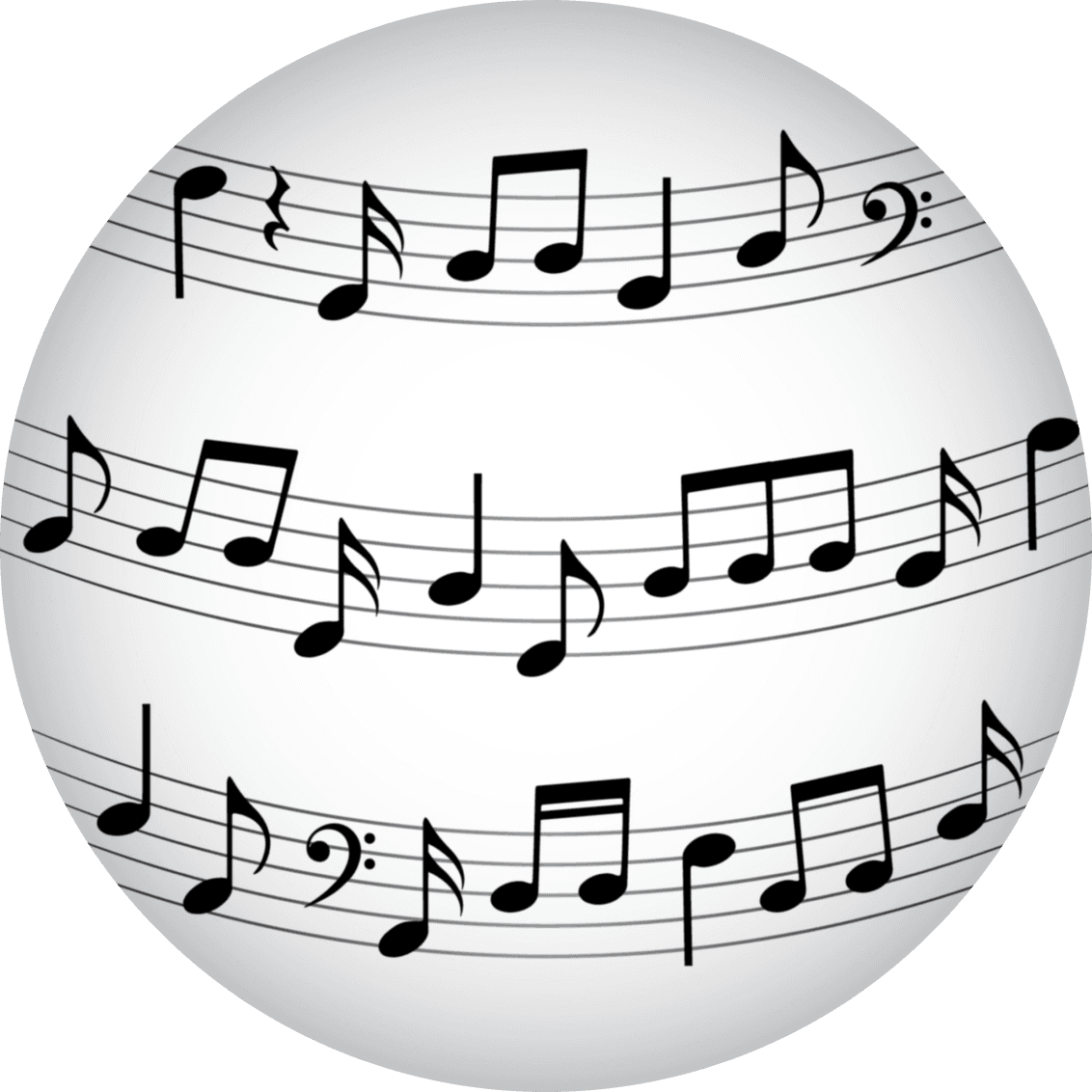
lefterisphoto.com
You can listen to the full interview here:
Receiving Oscar nominations is very familiar to composer John Williams – his Best Original Score nod for The Fabelmans marks his 53rd – second only to Walt Disney. It’s also familiar territory for him to be working with Steven Spielberg again, a partnership that stretches back to 1974’s The Sugarland Express. But as he tells KUSC’s Brian Lauritzen, this film – an autobiographical tale of Spielberg’s introduction to, and love for the world of making movies – is also quite different from others in his long filmography.
Over the years, Williams had had opportunities to meet and get to know the people being presented on the screen: Spielberg’s father, who worked in the early days of the computer industry, and his mother, who gave up a career as a pianist to raise a family.
“I felt very close, not only to Steven and his story, but also to his parents, who he loved so dearly. And whose divorce in his adolescent years were so injurious to him. And it reminds us all of the trauma of losing a parent, or the trauma of having one’s parents, both of whom you love at the time, breaking the family apart. And Steven wanting to now, at this point in his life, show us all of that and share it with us makes it so very special. So I felt part of the family in a way, knowing them all and having affection for all of them. It made it very close to the bone, close to the heart kind of experience to share it with all of them.”
Williams says that openness is a gift from Spielberg – who learned his own appreciation for music hearing his mother playing when he was growing up. Spielberg chose the selections that the character of Mitzi (played by Michelle Williams) is heard practicing. In The Fabelmans, as in real life, the young aspiring director would use existing dramatic scores to accompany his footage. It led John Williams to go in the direction of a piano-focused chamber music score.
“I think there are two reasons why we didn’t want to have an orchestra score. The fact that we were going to see Mitzi playing music in real time in the film. And the other is that the only orchestral music we hear in the film is the orchestral music Steven put behind his student efforts. That’s the orchestra music we hear. We hear the music of Alfred Newman, others that he used. We both felt the film didn’t need to have any other orchestra than that, and that the piano might be safely featured and not be confused with what Mitzi was playing with, what I was playing.”
One of the other featured instruments is the celeste, which recurs throughout the soundtrack, including a scene in which the young Sammy Fabelman films Mitzi dancing in front of a campfire.
“It’s a magical instrument… [associated with] the innocence of children, the brilliance of childish imagination… We think of Tchaikovsky and The Nutcracker obviously, it connects also in our minds with the diaphanous impressions of Impressionism. I use the word diaphanous. Maybe it suggests Mitzi’s dance, and the fact that the light is reflected and radiated, or reflected in her clothing. And the dance seems childlike and it seems completely innocent and it seems completely weightless and of another sphere.”
The piano playing on the soundtrack was by Joanne Pearce Martin, who, in addition to Williams’ score (which at time channels the graceful piano works of Erik Satie) plays a variety of standard repertoire.
“It’s a great piece of luck that Joanne was here in town and was available to do these recordings. She did a beautifully artistic and sensitive performance on all the repertoire, as she did in the film. She played the Clementi and Haydn and all of that Bach, but she also played the Scott Joplin in the scene where [Sammy] is wrapping his sisters in toilet paper, one of the great memorable pieces of that film. And that’s Joanne playing on a Tin Pan barroom piano at Sony Studios making an authentic, beautiful rendition of Joplin for us”
About the longevity of his partnership with Steven Spielberg, Williams says:
“50 years of course in Earth time is a long time, but in cosmic time it’s a wink. And Steven and I, as you probably know, have been working together for 50 years, but what’s made it quick and exciting is the fact that in all the 50 years, it’s never been boring. I feel only privileged and happy about all of it… In my first talks with him, it was clear this was a brilliant guy who, among other things, truly loved film music and truly understood it, and had a very intimate connection with the history of it. So from the very beginning, we had a wonderfully shared esthetic, you could say, affection for film, music and the use of music and film.”
“You still got it!”#JohnWilliams stretches his fingers on the ivories during the scoring sessions of #StevenSpielberg‘s #TheFabelmans pic.twitter.com/hi9HqU0Kdm
— The Legacy of John Williams (@TheLegacyofJW) November 3, 2022







